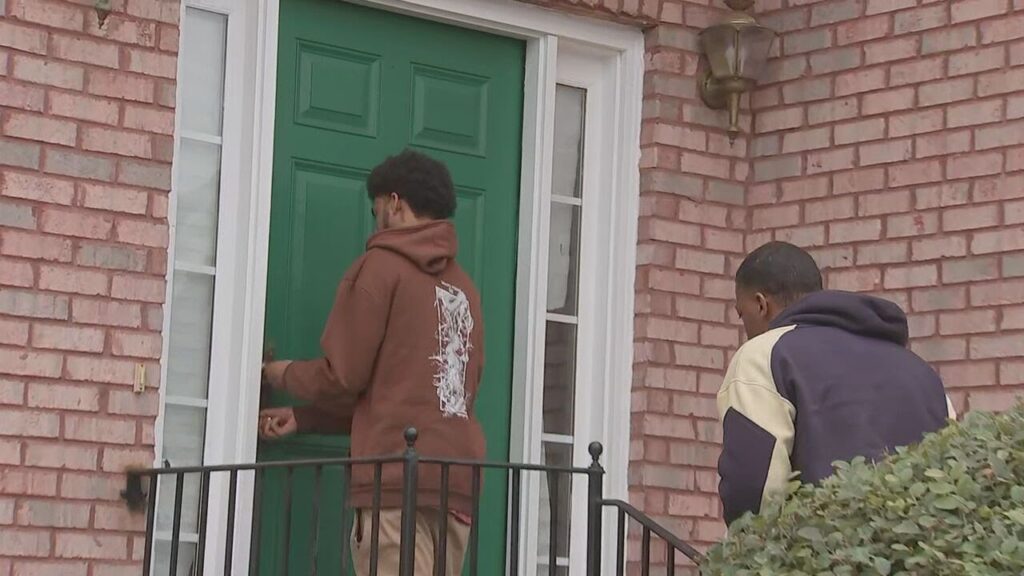A harrowing ordeal unfolded recently in Decatur County, Georgia, when homeowner Paul Cins returned from caring for his sick wife to discover his property occupied by suspected squatters. The incident, reported exclusively by Channel 2 Action News, raises troubling concerns about squatter vulnerability and the need for stricter legislation.

Cins, who inherited the home from his late father, had painstakingly renovated it himself. Seeking responsible tenants, he advertised the property online, specifically targeting government-subsidized renters. However, his efforts to find legitimate occupants took a nightmarish turn.
Upon returning home, Cins was met with a shocking reality. The locks had been changed, and strangers were living inside. The unwelcome presence of these individuals, suspected to be squatters, triggered a series of events that highlighted the complexities of such situations.
Cins immediately confronted one of the occupants, who presented a supposed lease agreement. This fabricated document fueled Cins’ frustration; he had never signed a lease with these individuals. Refusing to concede his rightful ownership, Cins called the authorities.
Deputies arrived on the scene to navigate the tense situation. Cins presented proof of ownership, while the squatters clung to their fabricated lease. The presence of a child among the occupants added another layer of complexity to the deputies’ task.
Fortunately, after careful investigation and verification, the deputies issued an intruder affidavit. This official document empowered the removal of the unauthorized occupants from Cins’ property. Relief wahousing.
